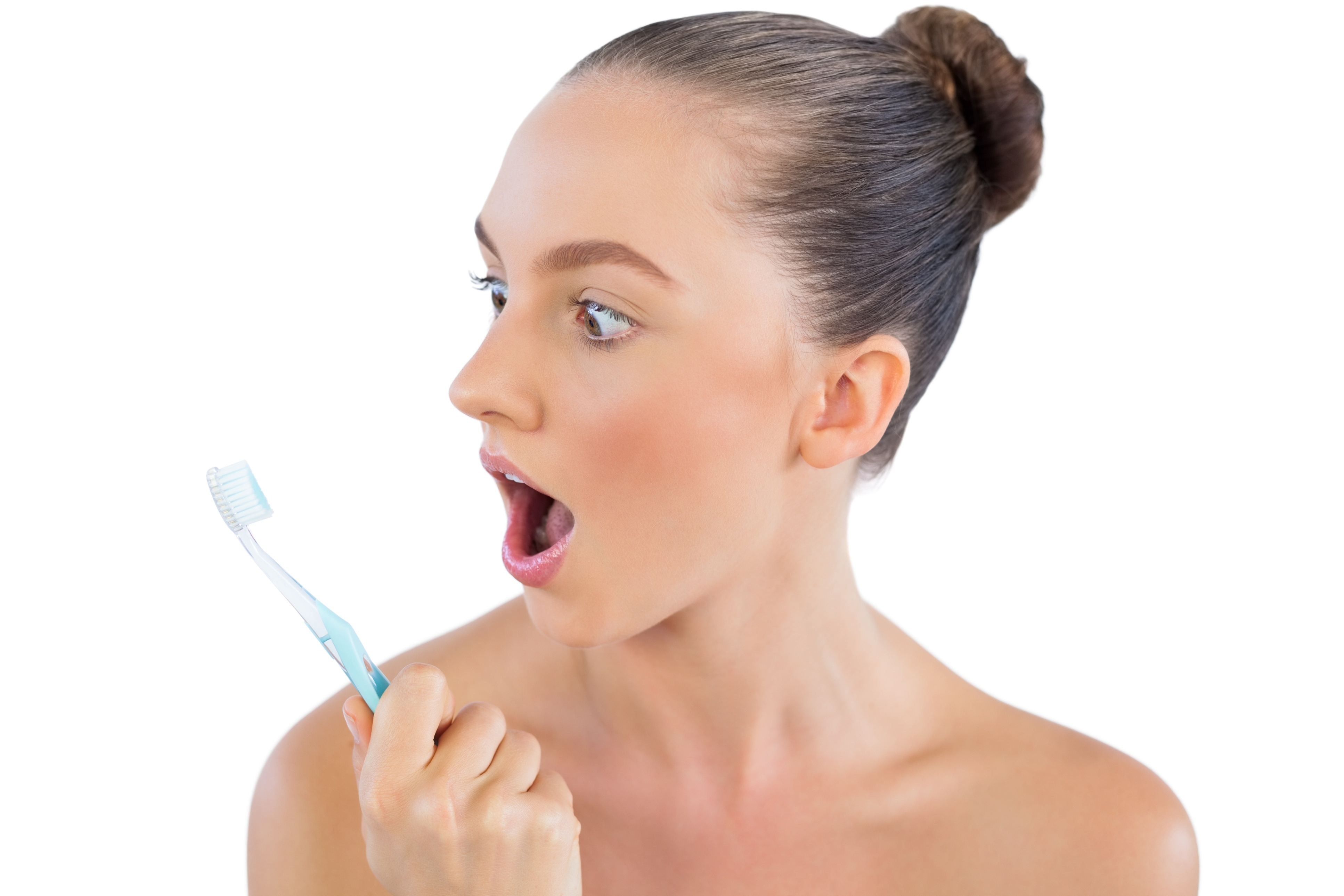By Erica Laceria on Jul 11, 2015 @ 11:00 AM
The life-span of a toothbrush is shorter than you may think!
Brushing and flossing your teeth every day is the number one way to maintain healthy oral hygiene and a bright smile. You already know the drill: brush your teeth with fluoride toothpaste for two full minutes first thing in the morning, again right before bed, and flossing at least once should do the trick. But when is it time to retire your toothbrush?
Your toothbrush is a breeding ground for germs, fungus, and bacteria. When improperly cared for, these can build up to significant levels. To keep you and your toothbrush healthy, follow these simple rules:
- Do not share your toothbrush
- Rinse it thoroughly under running tap water
- Give it a good shake to remove any remaining debris
- Store it upright, not laying down
- Do not allow it to touch other brushes
- Do not store covered. A moist enclosed container promotes bacteria growth.
- Make sure to let it dry between uses
The importance of changing out your toothbrush is often overlooked. By the time your toothbrush has physical wear and tear, a change-out is way overdue. The American Dental Association recommends that you change your toothbrush every 3-4 months.
Studies have shown that after this amount of time, with consistent use, your toothbrush will become significantly less effective in removing plaque from teeth and gums compared to new ones. The bristles break down and are also less effective at reaching between your teeth and in all the tiny crevices.
If that's not a good enough reason, here's another one: When you've been sick with a cold, the flu, sore throat, or an infection, germs can hide in the bristles of your toothbrush. This game of peek-a-boo is no fun when you become sick again later on. And as stated before, because your toothbrush is exposed to the millions of microbes in your mouth and also from the air, it can develop high levels of bacteria and fungus.
There's one more tip for our traveling readers. It's a good idea to use a plastic travel case to protect the bristles from becoming flattened and disfigured. But you should let it air dry after use before returning it to the case to prevent germ growth.
Keep your mouth happy and healthy by taking proper care of your toothbrush, and replacing it often. Your teeth and gums will thank you.





comments